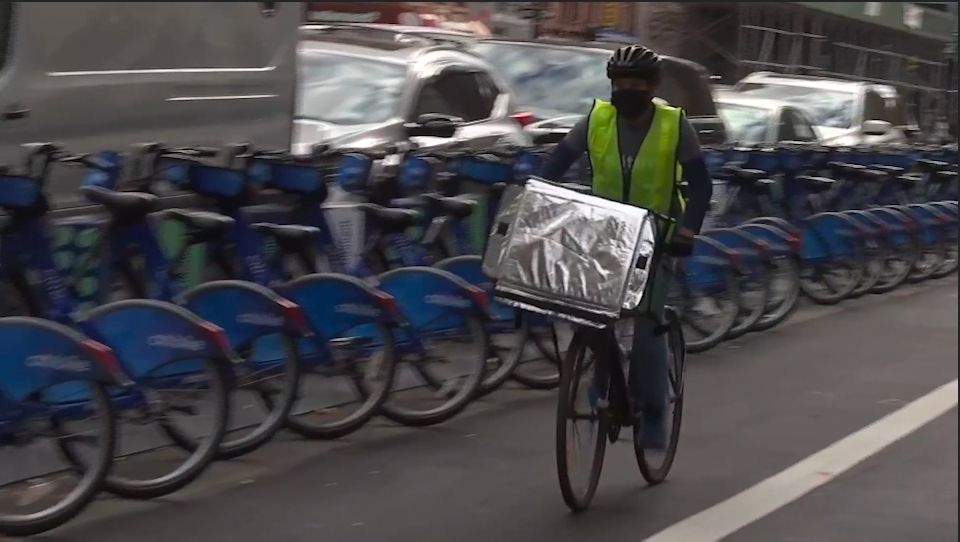In today’s economy, many Americans find themselves in need of extra income to feel financially secure. Despite declining unemployment rates and rising wages, the cost of living, unexpected expenses, and the complexities of everyday life can still create financial strain for millions of individuals. In response to this need, the gig economy has emerged as a popular option for supplementing income, with over 7 million Americans taking advantage of opportunities to earn money at the push of an app’s button.
While the gig economy offers flexibility and convenience for workers, it also presents challenges when it comes to essential benefits. Policymakers at both the federal and state levels are grappling with how to support workers in this new landscape, with conflicting interests often hindering progress. However, one state, Pennsylvania, is paving the way for innovative solutions to benefit workers in the gig economy.
Traditionally, full-time employees receive company-sponsored benefits, but have limited flexibility in their work lives. Part-time employees lack benefits and flexibility, while independent contractors have the freedom to choose when and where they work, but often miss out on benefits due to outdated laws. DoorDash, in collaboration with Governor Josh Shapiro, has launched a portable benefits savings pilot program in Pennsylvania to address this issue.
The program aims to provide benefits that are proportional, flexible, and portable. Workers who meet an earnings threshold on the DoorDash platform will receive extra money towards benefits, based on the amount of time they work. This approach ensures that benefits are tailored to individual needs and can be used for retirement, paid time off, or insurance, among other options. Importantly, benefits earned through the program will stay with the individual, rather than being tied to a specific company, providing workers with greater security and flexibility.
Pennsylvania’s initiative represents a step forward in supporting workers in the gig economy and could serve as a model for other states to follow. By empowering workers to choose how they work while still accessing essential benefits, the program demonstrates a commitment to modernizing labor practices in response to changing economic realities. As the gig economy continues to grow and evolve, it is essential for policymakers and businesses to adapt to ensure that workers are adequately supported and protected.
In conclusion, the gig economy is here to stay, and innovative solutions like the portable benefits program in Pennsylvania are crucial for addressing the needs of workers in this sector. By reimagining how benefits are provided and ensuring that they are proportional, flexible, and portable, we can create a more equitable and sustainable future for all workers. As we navigate the changing landscape of work, it is essential to prioritize the well-being and security of those who contribute to the economy.



















